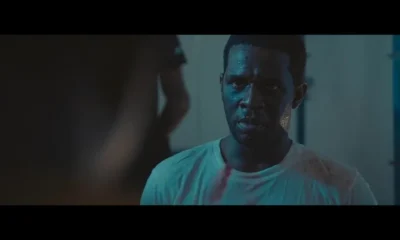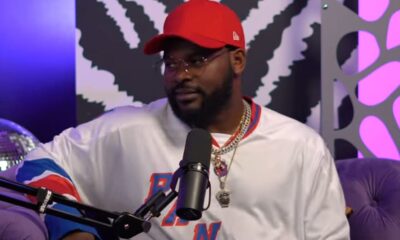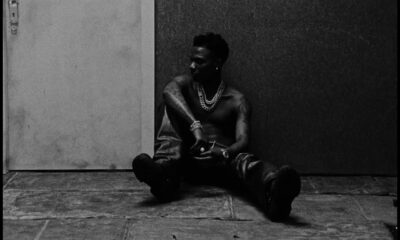Nigeria spreads its economic opportunities across 36 dynamic states. As living costs continue to rise in major cities in Nigeria, smart residents now seek out the cheapest states to live in. Each state offers unique advantages for budget-conscious individuals and families.
Housing costs vary dramatically between regions. The cheapest states to live in Nigeria provide affordable housing options for both renters and homeowners. Food prices, transportation costs, and utility expenses also play crucial roles in determining overall living expenses.
Recent economic surveys have identified the 5 cheapest states to live in Nigeria through comprehensive cost analysis. These states maintain lower prices for essential goods and services.
Local markets in these regions offer fresh produce at reasonable prices. Transportation networks operate efficiently with competitive fares. Healthcare facilities provide services at manageable costs.
Young professionals and families increasingly migrate to these affordable regions. The cheapest states to live in Nigeria attract people seeking financial stability without compromising quality of life.
These states balance economic opportunities with reasonable living expenses. Their growing communities demonstrate that comfortable living doesn’t require excessive spending.
1. Benue State
Farmers cultivate vast lands across Benue State’s fertile soil. Local markets overflow with fresh yams, cassava, and vegetables at remarkably low prices.
Residents enjoy affordable three-bedroom apartments for less than ₦300,000 yearly in major towns. Transportation costs remain low due to the state’s robust road network. The state government maintains policies that keep basic amenities affordable.
Local communities embrace communal living, which further reduces daily expenses. Educational institutions offer competitive fees for quality education.
2. Delta State
Delta State balances its oil wealth with affordable living costs. Local markets sell fresh fish and farm produce at budget-friendly prices.
Housing developers offer reasonable rental options in developing areas. Small businesses thrive in the state’s mixed economy.
Transportation services operate at competitive rates across cities. The state maintains several affordable healthcare facilities.
Cultural festivals and community markets help keep entertainment costs low. Local government initiatives support affordable housing schemes.
3. Katsina State
Katsina’s traditional markets offer essential goods at reduced prices. Local architecture favours cost-effective housing solutions. The state’s agricultural sector provides affordable food options.
Public transportation runs efficiently with minimal costs. Community living reduces individual expenses significantly. Local craftsmen offer services at reasonable rates.
The state’s educational system maintains affordable fee structures. Healthcare centres provide low-cost medical services.
4. Sokoto State
Sokoto combines historical richness with economic affordability. The leather industry provides employment and affordable products. Local housing reflects traditional designs with low maintenance costs.
Markets offer diverse goods at competitive prices. Public services remain accessible and affordable. The state’s educational institutions maintain reasonable fee structures.
Transportation costs stay low due to efficient networks. Community healthcare centres provide budget-friendly services.
5. Zamfara State
Zamfara promotes affordable rural living through various initiatives. Local markets offer essential goods at reduced prices. Housing costs remain significantly lower than in urban areas.
The agricultural sector provides affordable food options. Community-based services help reduce living expenses. Public transportation operates at minimal costs. The state maintains affordable healthcare facilities.
Education remains accessible through low-cost schools. Recent security improvements have stabilized living costs in many areas.
Factors Affecting Cost of Living in Nigeria
Several factors influence the cost of living in Nigeria:
- Location: Urban areas like Lagos and Abuja tend to be more expensive than rural areas.
- Lifestyle: Personal preferences, such as housing choices, transportation options, and dining habits, significantly impact living costs.
- Currency Exchange Rates: Fluctuations in the exchange rate can affect the cost of imported goods.
- Inflation: Rising inflation can erode purchasing power and increase the cost of living.
- Security: Security concerns in certain regions can impact the cost of living, as additional security measures may be necessary.
Tips for Affordable Living in Nigeria
- Choose Affordable Housing: Opt for more affordable housing options like apartments or shared accommodation.
- Cook at Home: Preparing meals at home can significantly reduce food costs.
- Utilize Public Transportation: Public transportation is generally more affordable than private vehicle ownership.
- Shop Wisely: Compare prices and look for deals to save money on groceries and other essentials.
- Budgeting: Create a budget and stick to it to manage finances effectively.
By carefully considering these factors and implementing cost-saving strategies, individuals can enjoy a comfortable and affordable lifestyle in Nigeria.
For more articles, visit here.


 BUSINESS5 days ago
BUSINESS5 days ago
 TRAVEL7 days ago
TRAVEL7 days ago
 FOOD6 days ago
FOOD6 days ago
 MOVIES4 days ago
MOVIES4 days ago
 INTERNATIONAL2 days ago
INTERNATIONAL2 days ago
 MOVIES5 days ago
MOVIES5 days ago
 SEX6 days ago
SEX6 days ago
 FASHION6 days ago
FASHION6 days ago



































